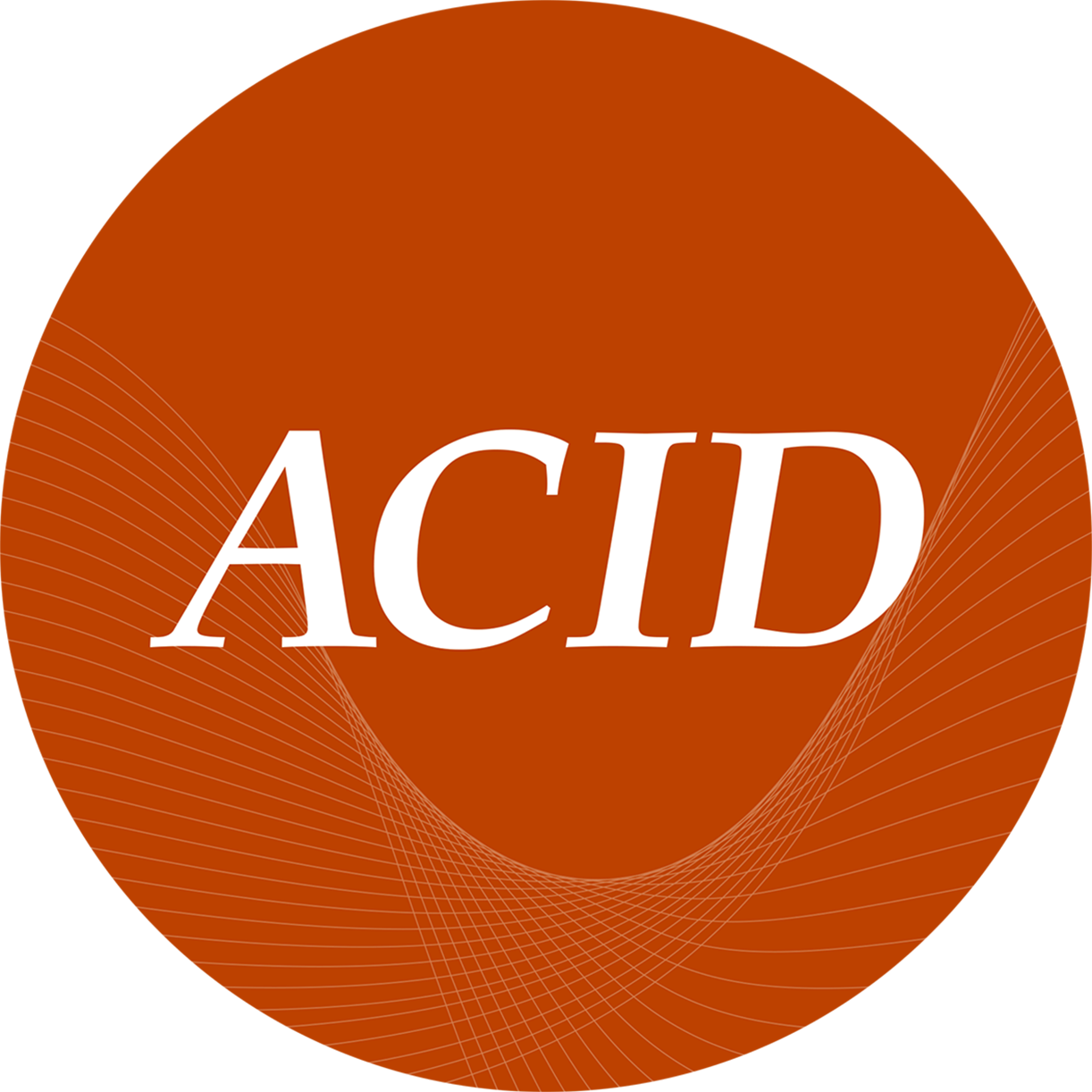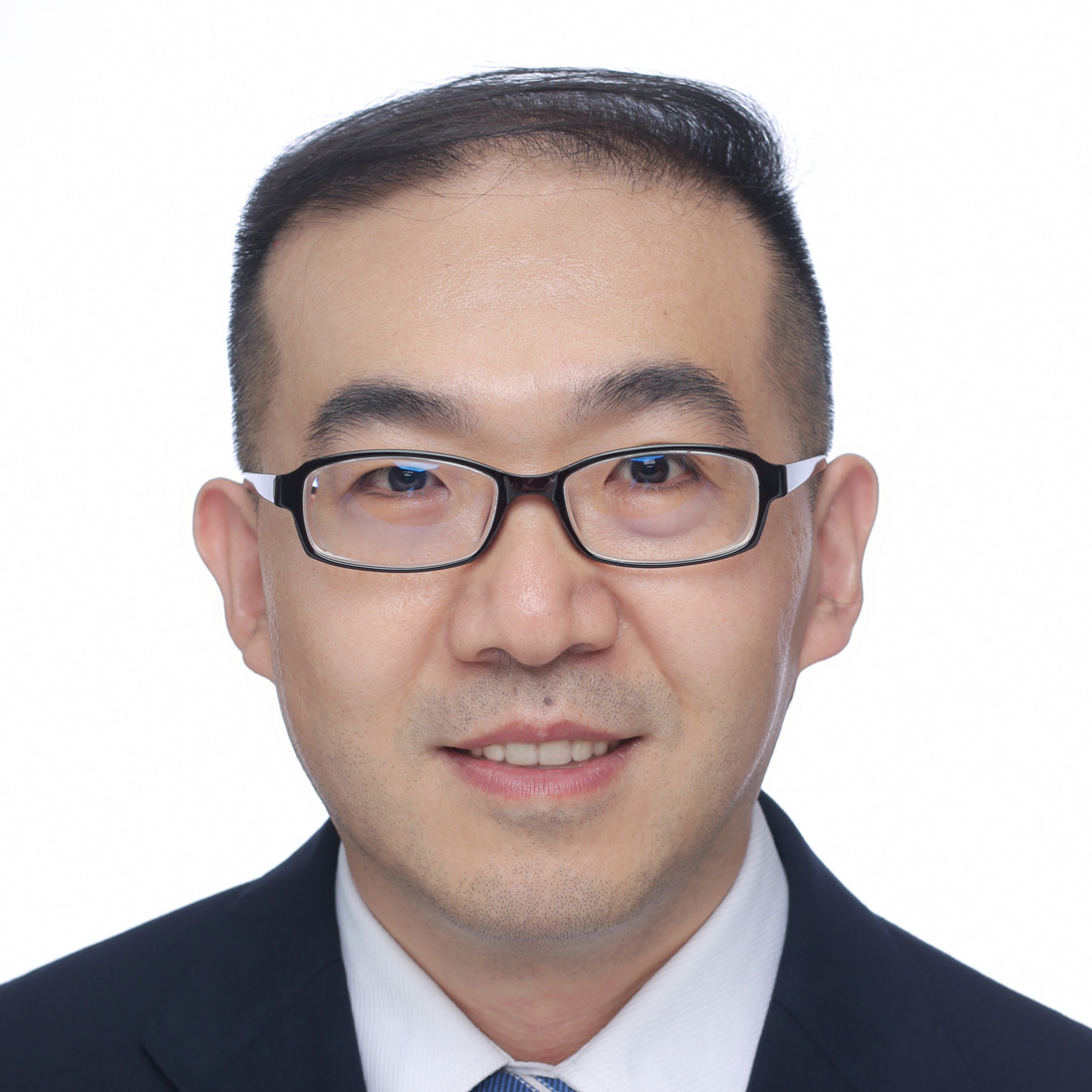Kai Liu, PhD, a Senior Researcher, serves as the Chief of the Institute of Liver Disease at TaiZhou Central Hospital (TaiZhou University Hospital), where he leads cutting-edge research on the pathogenesis of hepatocellular carcinoma (HCC). With a career dedicated to understanding the complex mechanisms of hepatocellular carcinoma (HCC), Dr. Liu leads a dynamic research team focused on cutting-edge investigations into the molecular basis of liver cancer development and progression. His comprehensive research program encompasses multiple critical aspects of HCC pathogenesis. His work systematically unravels the molecular mechanisms underlying HCC genesis, employing state-of-the-art genomic and proteomic approaches to identify key oncogenic drivers. A significant portion of his research is devoted to decoding the intricate regulatory mechanisms of liver cancer stem cells, which are crucial for understanding tumor recurrence and metastasis. Notably, he has made substantial contributions to identifying and characterizing the cells of origin in liver cancer, a fundamental discovery that has important implications for early detection and prevention strategies. Furthermore, his team's work on elucidating the complex pathways driving chemoresistance has provided valuable insights for developing more effective treatment regimens. With 20 SCI publications as first or corresponding author, he also serves as a peer reviewer for some journals including Advanced Science, CELL Proliferation, Journal of Experimental & Clinical Cancer Research, and Cell Death & Disease. Through this editorial work, he contributes to maintaining the quality and rigor of scientific literature in his field. Beyond his research accomplishments, he actively mentors young scientists and clinicians, fostering the next generation of liver cancer researchers. His multidisciplinary approach combines basic science with clinical insights, bridging the gap between laboratory discoveries and patient care. The ultimate goal of his research program is to develop transformative therapeutic interventions that can significantly improve outcomes for HCC patients worldwide. Through his continued dedication to scientific excellence and innovation, he remains at the forefront of advancing our understanding and treatment of hepatocellular carcinoma.









